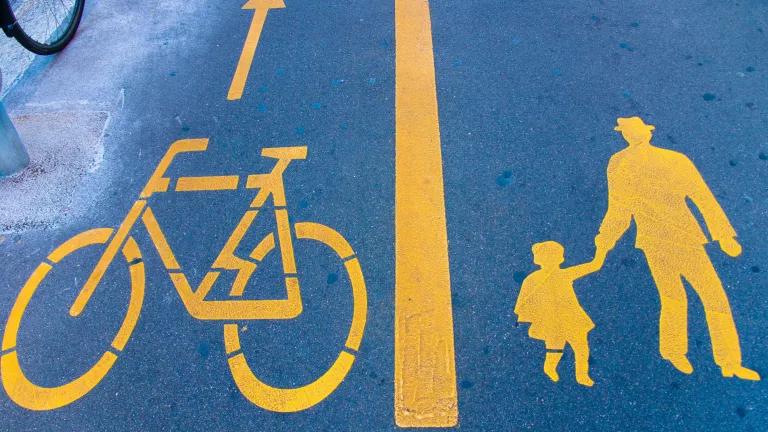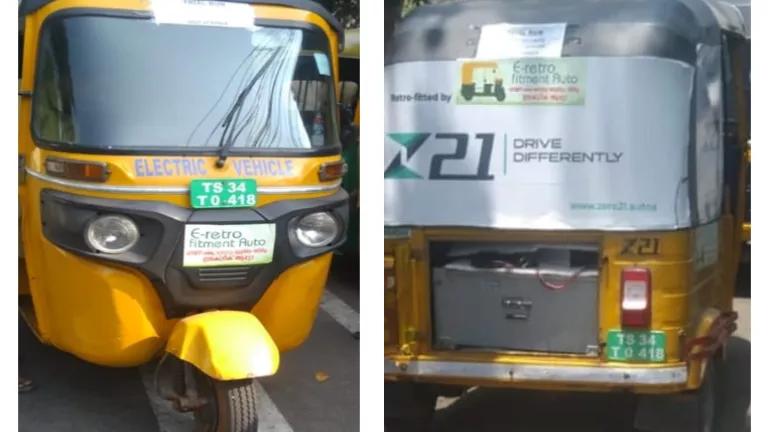Two Illinois Bills Address Distribution of Volkswagen Funds

On February 15, two bills were introduced in Illinois’s Senate that promise to steer the process for distributing the Volkswagen (VW) settlement money—over $108 million—in the right direction. Advocates called out the Illinois Environmental Protection Agency (IEPA) for deciding to allocate the majority of funds towards replacing dirty fossil fuel locomotives, ferries, and tugs with little towards electrification investments in a rushed process that was closed off to the public.
Only 10 percent of the funds, or approximately $10.8 million, were designated specifically for electric vehicle (EV) projects. Within the settlement language, beneficiaries of Volkswagen settlement funds can use up to 15 percent of total funds, $16.2 million for Illinois, towards installing light duty EV charging stations and infrastructure. In stark contrast with every other Midwestern state, IEPA’s current draft plan does not allocate any money towards light duty EV charging stations. As shown in a September 2017 report by the consulting firm MJ Bradley, the state of Illinois can expect benefits as high as $43 billion by 2050 through EVs. In order to realize these benefits, the state needs to make more forward- looking investments in the transportation sector. The VW settlement presents the best opportunity to make such investments.
To ensure that funds are utilized for the long-term benefit of Illinoisans, two bills have been introduced, SB3055 and SB3101.
Senate Bill 3055
SB3055 calls for an important change in the current allocations of the beneficiary mitigation plan. The bill mandates that the full 15% be used for investment for light duty EV infrastructure while the remaining funds are used for the replacement of dirty diesel trucks and buses to all-electric.
For reference, the current allocations of the first IEPA draft plan are as follows:
- Up to 20 percent, or $21.7 million, towards repowering or replacing trucks and buses
- Up to 10 percent, or $10.8 million, towards replacing diesel school buses for all-electric
- Up to 65 percent, or $70.6 million, towards repowering or replacing locomotives, ferries, and tugs
- Up to 5 percent, or $5.4 million, towards administrative expenditures
The call to use 100 percent of the funds for all-electric projects will enable Illinois to unlock all the economic and environmental benefits that come from mass EV adoption. By committing these dollars to electrification, the state can expect a jumpstart to the EV market, reduced electricity bills due to downward pressure on rates, and improved air quality for all Illinoisans. SB3055 pledges an investment in the state’s future and is the forward-thinking policy necessary to make long-term positive change in our air quality and economy.
Senate Bill 3101
SB3101 requires that the IEPA create a VW Settlement Task Force from a diverse group of stakeholders. The task force would conduct listening sessions, review the requirements of the agreement, evaluate public comments, and produce a report of recommendations to the Governor and General Assembly by January 1, 2019. The bill also requires the IEPA to keep interested individuals and parties in the loop regarding updates with the plan, when projects are proposed, and when decision on proposals have been made.
This bill seeks to improve the transparency and public participation within the VW funding process. By incorporating a diverse 10-member task force, SB3101 will ensure that funds be used to the maximum benefit of the state by taking a more thorough planning approach prior to the disbursement of funds. The implementation of SB3101 also guarantees that the state plan reduces harmful NOx emissions in the most effective way possible for Illinoisans.
Preparing for the Electric Future
The state is beginning its transition to a cleaner transportation sector, and the VW settlement funds should reflect these efforts. The Chicago Transit Authority has pledged to purchase up to 45 new electric buses by 2020. By pledging VW funds for the subsidized purchase of electric buses and trucks, state agencies and private companies can more effectively make these investments for the future.
An investment in light duty EV charging infrastructure can go a long way towards reducing “range anxiety,” the fear of running out of fuel due to a lack of readily available charging stations. Electrify America, a subsidiary of Volkswagen that has pledged to invest $2 billion in zero emission vehicle infrastructure and education, has pledged to install charging stations within the Greater Chicago Area, but is this enough for the Greater Chicago Area, and what about the rest of the state?
In states such as Missouri and Michigan, the creation of a statewide charging network has been suggested so that EV drivers can fuel at any location within the state. Cost estimates to build a preliminary network in the state of Missouri are between $6.8-14.4 million. With a $16.2 million pot available, the state of Illinois has the potential to fund such a network with zero cost to the state. By committing to a fair and transparent VW process that puts Illinoisans first, the state can continue accelerating its clean energy economy and establishing itself as a leader in the environmental field.
Submit Comments to IEPA
Want Illinois to increase electrification over dirty diesel? You can submit comments to the IEPA. More information on how to submit comments is here.


